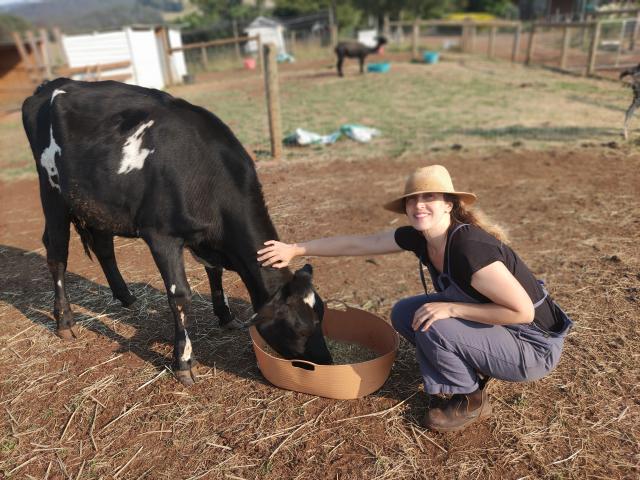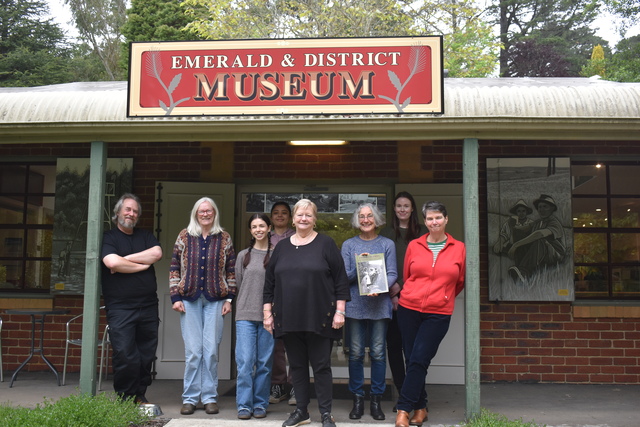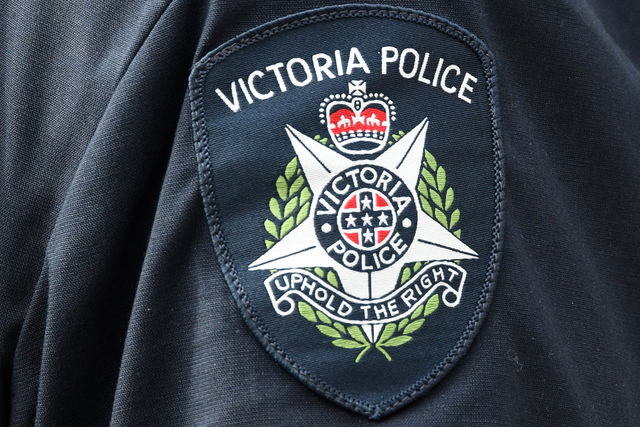The Victorian Government has recognised the state’s love for animals with huge announcements of funding and reform for the animal welfare sector in the 2022/23 budget released on Tuesday 3 May.
$18.6 million is going to initiatives that cater to the welfare, protection and rehabilitation of animals, marked by the promise of preparatory work for a new Animal Care and Protection Act and the establishment of a regulatory framework for the pet rehoming sector.
CEO of RSPCA Victoria Dr Liz Walker said the funding responds to key animal welfare challenges in the state and will help to tangibly improve the lives of Victorian animals.
“We commend the government’s commitment to modernising the legislation, and as the most trusted animal welfare organisation in Victoria, we look forward to seeing the progression and development of a contemporary animal welfare act,” she said.
“This important new legislation will provide a better framework for RSPCA Victoria’s Inspectorate to carry out its vital work in the community.”
Multiple animal welfare organisations will also have the ability to access animal welfare support that will help them access necessary tools and resources.
Founder of Forever Friends Animal Rescue in Gladysdale Saskia Adams said the funding really shows the State Government is now aware the community cares about animals and animal welfare.
“These are election issues now. I think previously governments have ignored the fact that the community as a whole does mostly care about animals,” she said.
“This is a really great sign that legislation and government spending are going to take into account what we care about as people.”
Just shy of $2 million will be allocated to gathering information and implementing changes to support animal care, with plans in place to conduct Victoria’s first-ever Pet Census to help make informed decisions on what the key trends and issues in pet ownership are for Victorians which will guide the implementation of targeted programs.
Ms Adams said the Animal Care and Protection Act will help replace outdated legislation.
“As I understand it, the new legislation is aimed to replace the Prevention of Cruelty to Animals Act 1986. For 20 to 30 years now, it’s not been how we expect our animals to be protected,” she said.
“I also personally welcome regulatory framework for animal welfare, rescue or pet rehoming organisations. The vast majority of them do an incredible job, but there are others who can give the rest of us a bad name. Having a code of practice is a really good idea going forward for those organisations that operate professionally, it will actually help animals in our care.”
In previous budgets, FFAR and other animal welfare organisations benefited from the Animal Welfare Fund Grants Program, with FFAR in Gladysdale receiving $15,000 for Equine Rehabilitation and Rehoming Stables in 2021, $48,500 to establish their headquarters in Gladysdale in the 2016/17 budget and $35,000 for their Mothers and Kittens Crisis Program in 2014/15. They also benefited from last year’s Individual Pet Rehoming Grants which offered up to $500 per dog and $200 per cat reimbursed to support rehoming efforts.
As part of the budgetary promises, there are a couple of things Ms Adams would like to see implemented.
“I’d like a greater increase in the power to the RSPCA as the government regulator and inspector for animal cruelty reports. At the moment, as long as an animal has access to water, and shelter, and can move around and stand up, the RSPCA has no authority to seize an abused animal in that situation,” she said.
“I also hope to see the Individual Pet Rehoming Grants rereleased as Maneki Neko Cat Rescue had about $100,000 reimbursed and we had about $40,000. For a volunteer group, that’s a huge amount of money and it made such a difference.”
A comprehensive cat management strategy, Victoria’s first, is also set to be delivered as a long term plan to reduce overpopulation, encourage responsible ownership and support better welfare for both cats and native wildlife.
Ms Adams said she can’t wait to find out more about the plan for cats.
“I’ve been advocating for many years to have new, progressive programs in regards to cat management, programs that have been operating overseas for many years,” she said.
“There’s no doubt that cats in Victoria and around Australia in terms of overpopulation cause the most suffering of any companion animals, it’s a huge issue with the community. Pounds and shelters have had huge kill rates as a result.”








